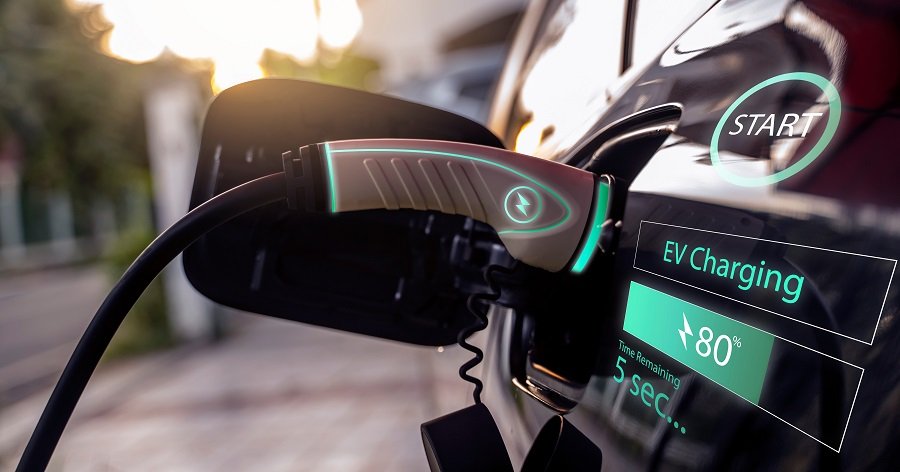NOTE:
Singapore officially published the Act regarding to EV charging on January 25, 2023. See more details below.
Singapore promulgates EV Charging Act
On June 15, 2022, Singapore unveiled the draft of the Electric Vehicle Charging Bill. The draft is intended to ensure the safety of electric vehicle (EV) charging facilities and the safety, access and reliability of EV charging services. Providers of EV charging services will be required to obtain licenses. It is also proposed to make it mandatory to install charging facilities in newly constructed buildings with parking lots. Comments will be solicited until July 14, 2022.
Submit comments to:
EVConsultation@lta.gov.sg
Further information regarding solicitation of opinions can be found at the following URL:
https://www.reach.gov.sg/Participate/Public-Consultation/Ministry-of-Transport/public-consultation-on-proposed-legislation-to-regulate-electric-vehicle-charging
EV Charging Facility Type Approval
EV charging facilities supplied in Singapore must be type-approved by the Land Transport Authority (LTA). Compliance with safety and performance standards is required for approval. It is proposed that, for safety, facilities must comply with TR 25: 2022, which specifies the technical safety requirements for EV charging facilities, and for performance, facilities must comply with the international standards for smart charging, etc.
Installation of EV Charging Facilities
Stationary EV charging facilities and battery charging swap stations (BCSS) shall be installed by a charging equipment expert under the supervision of a certified electrician or by a certified electrician who is also a charging equipment expert. Installation shall be in accordance with TR25 and the relevant standards and procedures of Singapore Standard SS638.
Registering an EV Charging Facility
The owner of a EV charging facility shall register it with the LTA prior to use. However, a grace period of 12 months is established for the registration of existing EV charging facilities. In addition, a registration seal must be affixed to all charging facilities registered with the LTA.
Inspection of EV Charging Facilities
In locations with unrestricted access, facilities shall be inspected by a facility specialist every 6 months and by a certified electrician every 12 months. For locations with restricted access, facilities shall be inspected by a facility specialist every two years. The owner of the charging facility shall keep appropriate inspection records and submit them to the LTA upon request.
License System
Providers offering EV charging services in Singapore must obtain a license.
Mandatory Installation of EV Charging Facilities
Newly constructed buildings with parking lots must have EV charging facilities for at least 1% of the number of vehicles and motorcycles that can be parked. In addition, sufficient electrical equipment must be provided to supply power that can handle charging at 15% of parking spaces. Apart from new construction, this installation obligation is also applicable if the total floor area is increased by 50% or more, or if the newly approved power load is increased by 280 kVA or more.
The draft Electric Vehicle (EV) Charging Bill can be found at the following URL:
https://www.reach.gov.sg/-/media/REACH/Reach-Files/Public-Consultations/2022/MOT/Public-Consultation-on-Proposed-Legislation-to-Regulate-Electric-Vehicle-Charging/Public-Consultation-on-Proposed-Legislation-to-Regulate-Electric-Vehicle-Charging—Annex.ashx
The LTA plans to publish the comments it receives on its website, along with responses.
 Singapore Announces Electric Vehicle Charging Bill
Singapore Announces Electric Vehicle Charging Bill 

























